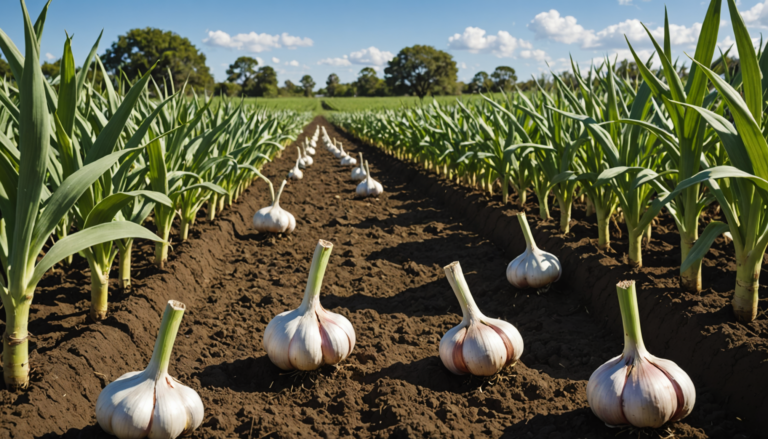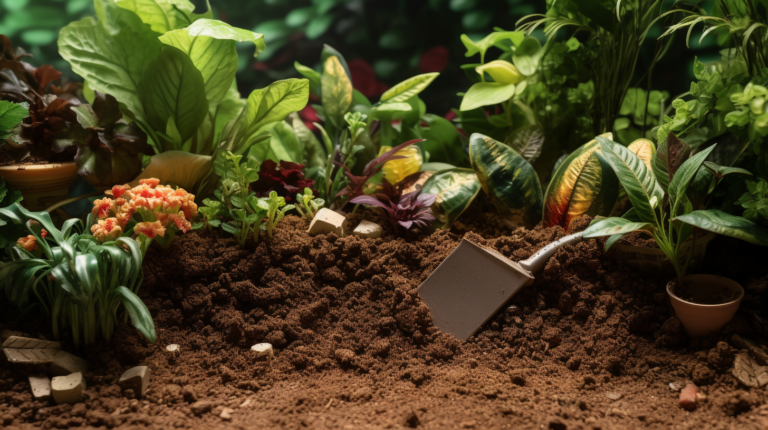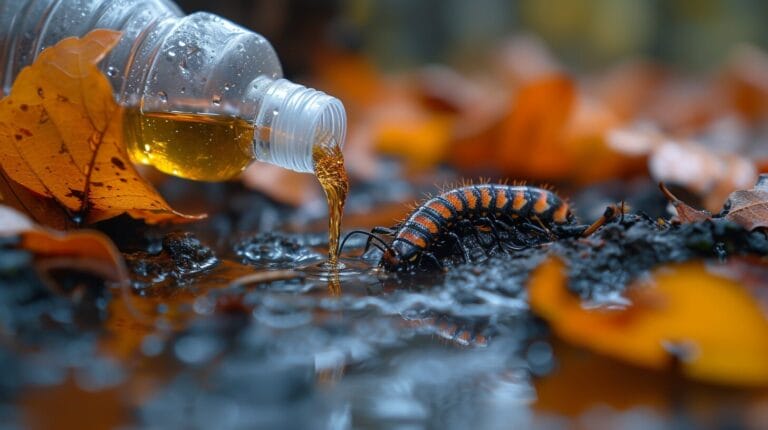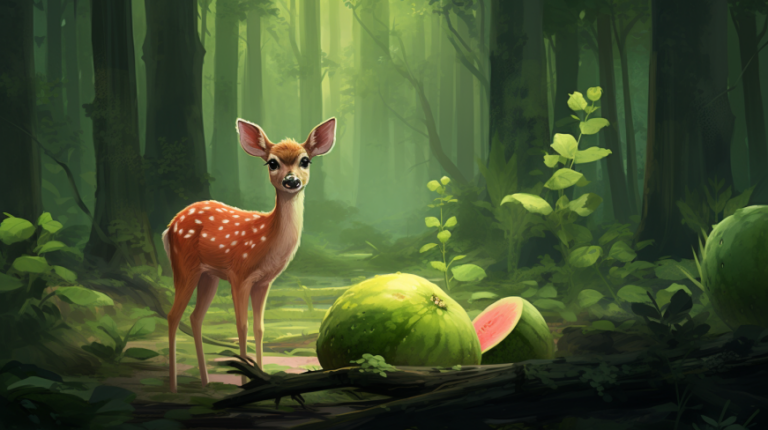A multitude of people perceive gardening as more than a simple hobby. For many, it is a treasured haven, providing a chance to interact with nature, revel in manual duties, and experience joy from observing the transformation of little seeds into flourishing, vibrant plants. The act of seeing these carefully cared-for plants evolve into copious vegetables and glowing flowers, amplifies a gardener’s delight.
The sight of a thriving garden, however, can attract some unwelcome visitors — hungry birds who are quick to swoop down and feast on your painstakingly grown produce. This raises an important question for gardeners: how to scare away birds from garden to protect their labor of love?
While it’s a delight to watch these feathered wonders as they glide effortlessly through the sky, when they lay claim to the fruits of your labor, it becomes considerably less charming. How, then, do we safeguard the bountiful yield of our gardens from these voracious creatures, without causing them harm? Birds, after all, play a crucial role in maintaining the balance of our ecosystem.
Key Takeaways: Successful Bird Deterrent Techniques
- Successfully use butterfly netting to establish a physical barrier
- Hang shiny items to scare off birds
- Incorporate the concept of fear using artificial predators
- Grow bird deterrent plants
Birds in the Garden: A Beautiful Pain?
The presence of birds in a garden paints a charming picture – their exquisite colors add vibrancy, and their melodious songs fill the surroundings with a joyful tranquility. For a committed gardener, however, these delightful creatures may not always bring good news. A variety of bird species can pose a significant threat to gardens, feeding off the carefully grown crops, and disturbing carefully tilled soil, resulting in potential damage to your painstakingly maintained garden.
The sight of birds gobbling down the fruits and vegetables you had planned for your dinner can be disheartening. Their foraging actions often extend beyond harmless pecking. Some bird types have a knack for scratching and pecking at the soil, upending beautifully nurtured flowerbeds or vegetable patches as they search for food. During their search for their food, these creatures might even scatter your carefully sowed seeds. Beyond damage to plants, birds can ruin garden structures by pecking at them and constructing nests in the most inconvenient places.
Bird Deterrence: Striking A Harmonious Balance
It’s important to remember that birds aren’t visiting your garden to be a nuisance. In their own way, they’re participating in the cycle of life by searching for food and appropriate nesting locations. However, in your quest to prevent bird damage in your garden, the focus should not be to completely eradicate these creatures but to reduce their impact. Striking a balance is an essential approach when considering a bird deterrent technique — you want to discourage the birds from feasting on your garden while ensuring you’re not disrupting their natural behavior or causing them harm.
Top Bird Deterrent Techniques: A Closer Look
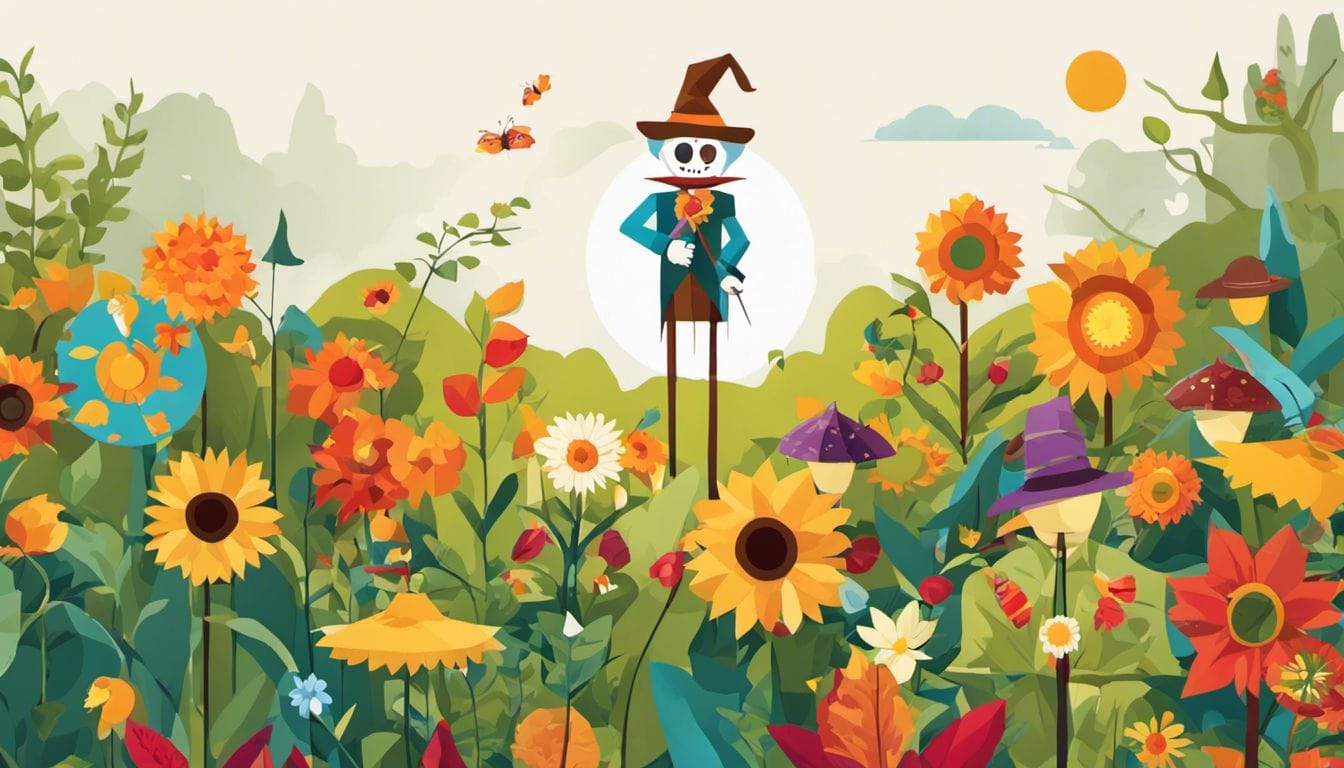
Dissuading birds from frequent visits to your garden doesn’t need to be a tedious task or involve any dangerous measures. The key to an effective strategy is to create an environment that is less appealing to birds, leading them to look elsewhere for food and nesting grounds. Here are the top four bird deterrent techniques that gardeners can utilize to protect their gardens from bird-related damage.
Using Butterfly Netting
Butterfly netting is a garden-friendly and humane technique. The net creates a screen that acts as a physical barrier, efficiently preventing the birds from reaching your plants, and stopping them from pecking at fruits, pulling up seedlings, or scratching at soil.
To successfully employ butterfly netting, the choice of the net does matter. Opt for a UV-resistant net. This quality ensures that the net lasts a long time, enduring the daily assault of sun rays, without tearing or disintegrating quickly.
The beauty of butterfly netting is in its versatility. Whether it’s a young seedling in a pot, a flourishing vegetable patch, or a well-spaced orchard, butterfly netting is an easy and cost-effective method that can adapt to a variety of plantings. Its tiny weave allows crucial sunlight and rain through but keeps birds at bay, offering an ideal solution.
Reflective Objects as Bird Deterrents
Birds are cautious creatures. The presence of a new, shiny object in their environment can be enough to confuse them and deter them from approaching your garden. These reflective objects flash in the sunlight, creating a visual disturbance — something that most birds tend to avoid.
Introducing The Fear Factor: Artificial Predators
Sometimes, inciting the sense of fear can be an effective deterrent. Artificial predators work on this principle. Strategically placed around your garden, they serve as decoys to trick the birds into believing that there’s a constant predator threat present.
Planting Protective Plants: A Natural Deterrent
Incorporating specific types of plants can be an effective and ecologically friendly method of deterring birds from your garden. Certain species of plants — including sunflowers, marigolds, and lavender — are known to repel birds naturally, acting as a living barrier between the birds and your cultivations.
By ensuring careful and respectful practices when implementing these bird deterrent techniques, you can maintain the harmony between your gardening interests and the natural tendencies of the birds, all while ensuring the safety and well-being of all parties involved!
Can the Methods for Scaring Away Birds From the Garden Also Work for Repelling Squirrels?
When dealing with unwanted garden visitors, such as squirrels and birds, the question arises: can the methods employed to scare away birds from the garden also work in repelling squirrels? While tactics like utilizing squirrel resistant plants may deter some birds, they might not necessarily be effective against squirrels. These agile creatures may require additional measures, like using squirrel-specific repellents or installing physical barriers, to keep them at bay.
Will Scaring Away Birds From My Garden Enhance my Small Corner Garden with Rocks?
Scaring away birds from your garden can indeed transform your outdoor space with rocks. By strategically placing these rocks in your small corner garden, you can create an environment that deters birds from perching on plants and damaging them. Not only will this enhance the aesthetics of your garden, but it will also help protect your precious plants and flowers from unwanted visitors.
Exploring Bird Deterrent Techniques in Detail
Butterfly Netting: A Physical Barrier
Butterfly netting is an extremely versatile and effective approach to keep birds away from your garden. The netting forms a physical barrier that prevents birds from reaching your plants without causing them any harm.
When seeking butterfly netting, it is advisable to opt for a UV-resistant variety. Such netting will withstand the sun’s harsh rays, permitting prolonged reuse. Additionally, sunlight can pass through easily, ensuring that your plants still receive the necessary light for growth and photosynthesis.
Appropriate placement of the netting is vital for its success. The nets should ideally encase the vulnerable plants, or where feasible, drape over the entire vegetable patch. Ensure that the nets are secured at the base to stop birds from sneaking underneath.
The significant advantage of butterfly netting lies in its effectiveness and affordability. It successfully keeps a range of birds out while still allowing beneficial insects passage, ensuring that your garden ecosystem thrives.
Reflective Deterrents: An Optical Disturbance
Shiny, reflective items make excellent bird deterrents. The reflection of sunlight from these objects creates a flashing light effect, which birds generally avoid.
Ordinary household items like old CDs, aluminium foil, or even reflective tape can be used as deterrents. Hang these items around the garden, focusing on areas where bird activity is highest. This method not only helps to keep birds at bay, it adds an element of sparkle to your garden!
While this may seem like a simple trick, the sudden flashes of light are uncomfortable for birds and disrupt their sense of direction. Over time, they will associate this discomfort with your garden and choose safer feeding grounds.
Toy Predators: Fake Threats
Toy predators can play a pivotal role in scaring away birds from your garden. An artificial owl, snake or an old-fashioned scarecrow can create a no-go zone for birds.
Place these scare tactics in visible spots around your garden. The key to this strategy is to move them around every so often. This simulates a real threat, keeping the birds at their wit’s end. After a while, birds will associate your garden with danger and look elsewhere for a less stressful environment.
Garden Fleece: An All-Weather Friend
Garden fleece is not just for winter protection. It can also be employed as a deterring method against birds. The fleece acts as a physical barrier preventing them from reaching the plants, thus protecting your precious harvest from being pecked away.
Invest in good quality UV-resistant garden fleece. Not only will it keep birds at bay, but it will also protect your plants during frosty winters. The application of garden fleece is a win-win for all – a smart bird control method while encouraging a healthy growth environment for your plants.
This method of bird control is applicable for smaller patio plants and vegetable patches, making garden fleece an ideal environmentally friendly option in sustainable gardening practices.
Planting Deterrent Species: Nature’s Own Repellents
Certain plants have properties that repel birds. Lavender, with its strong scent, is unattractive to many bird species. Plants such as sunflowers and marigolds are not only visually delightful but also act as a deterrent to birds.
Including these types of plants in your garden adds visual interest and varied texture while serving a practical purpose. It’s a strategy that strikes a balance between maintaining an attractive garden and keeping it safe from birds. Consider these natural deterrents when planning your future garden landscape.
Conclusion: Gardening With Conscious Intent
In conclusion, dealing with garden birds need not be a battle. By selecting and implementing strategic deterrent techniques, your garden can coexist with local bird life harmoniously. Utilize butterfly netting for physical barriers, incorporate reflective items for optical disturbances, introduce artificial predators for instilling fear, and selectively plant deterrent species, and your garden will remain a sanctuary for both you and the birds.
Remember, birds form an essential part of our natural ecosystem, and while we might be a little disgruntled by their feasting habits within our gardens, they have a role to play. For being conscious gardeners, let’s embrace these solutions that deter rather than harm, ensuring both our gardens and the birdlife thrive. Enjoy your gardening – with fewer feathered feasts!
FAQs
What are some ways to deter birds from a garden?
Bird deterrent measures can include the use of physical deterrents such as bird netting or decoy predators, through to visual deterrents like reflective objects or scarecrows.
How can I prevent birds from ruining my vegetable garden?
Protecting a vegetable garden from birds can involve a combination of strategies. These can range from deploying bird netting over susceptible crops, using shiny, reflective objects as bird scare devices, and employing artificial predators to frighten birds.
Can objects placed in the garden deter birds?
Absolutely! Everyday items, like old CDs, aluminum cans, or even shiny ribbons can discourage birds as they catch the sunlight and sparkle, causing discomfort to the birds.
Are there any pest control tips for dealing with nuisance birds?
Effective bird control can often involve using a combination of deterrents, such as reflective discs, fake predators, repellent sprays, or even sound deterrents that mimic the calls of predatory birds.
Can feeding areas attract other wildlife to gardens such as pests?
Yes, placing bird feeders or leaving out food for pets can attract other types of wildlife, not just birds. It’s crucial to be mindful where you place food and what type of food you are offering.
Can sounds deter birds and protect my crops?
Certain sounds, especially those that mimic the distress calls of birds or the call of predatory birds, can prove very effective at discouraging birds from frequenting your garden, thereby protecting your crops.


